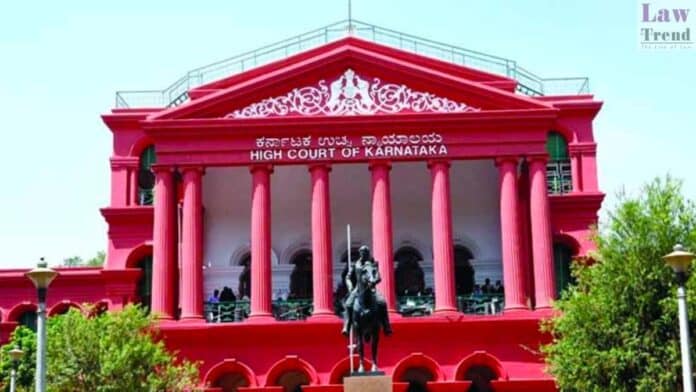The Karnataka High Court has scheduled a hearing for February 21 on a Public Interest Litigation (PIL) challenging the state government’s decision to grant cabinet rank to 42 legislators, including Members of the Legislative Assembly (MLAs) and Members of the Legislative Council (MLCs). The PIL was filed by Suri Payala, a local resident and employee of the Karnataka State Pollution Control Board.
The petitioner argues that awarding cabinet status to these legislators leads to significant financial benefits such as higher salaries, official vehicles, drivers, fuel allowances, house rent allowances, and medical reimbursements. Payala contends that these perks constitute an “office of profit,” thereby violating Article 191 of the Indian Constitution, which disqualifies legislators from holding such positions.
Presented before a division bench comprising Chief Justice N V Anjaria and Justice M I Arun, the case has stirred concerns over the constitutional validity of such appointments. Senior advocate J Sai Deepak, representing the petitioner, highlighted the constitutional breach, pointing out that while appointing legislators as chairpersons of various boards and corporations is acceptable, granting them cabinet status exceeds constitutional limits set by Article 164(1A). This article restricts the size of the council of ministers to prevent unnecessary government expansion.
The state government had issued an order on January 26, extending cabinet rank to 34 additional legislators, totaling 42 with such status. This action has been met with criticism for its potential to inflate government size through a single notification.
During the proceedings, Chief Justice Anjaria questioned the sweeping nature of these appointments, made evident by a single government notification. The court expressed a preference for Senior Advocate Deepak to argue the case in person rather than virtually, prompting the adjournment to the later date.
The PIL challenges these appointments on multiple constitutional grounds, including potential violations of Articles 102, 191, and 164, as well as the Karnataka Legislature (Prevention of Disqualification) Act, 1956, and Section 10 of the Representation of the People Act, 1951. Citing a 1964 Supreme Court ruling, the petitioner argues that legislators holding such positions should be disqualified for occupying an office of profit, warning that these appointments set a dangerous precedent that could undermine legislative integrity.




